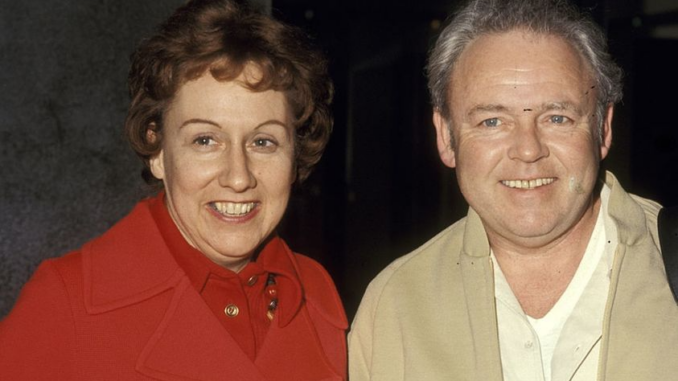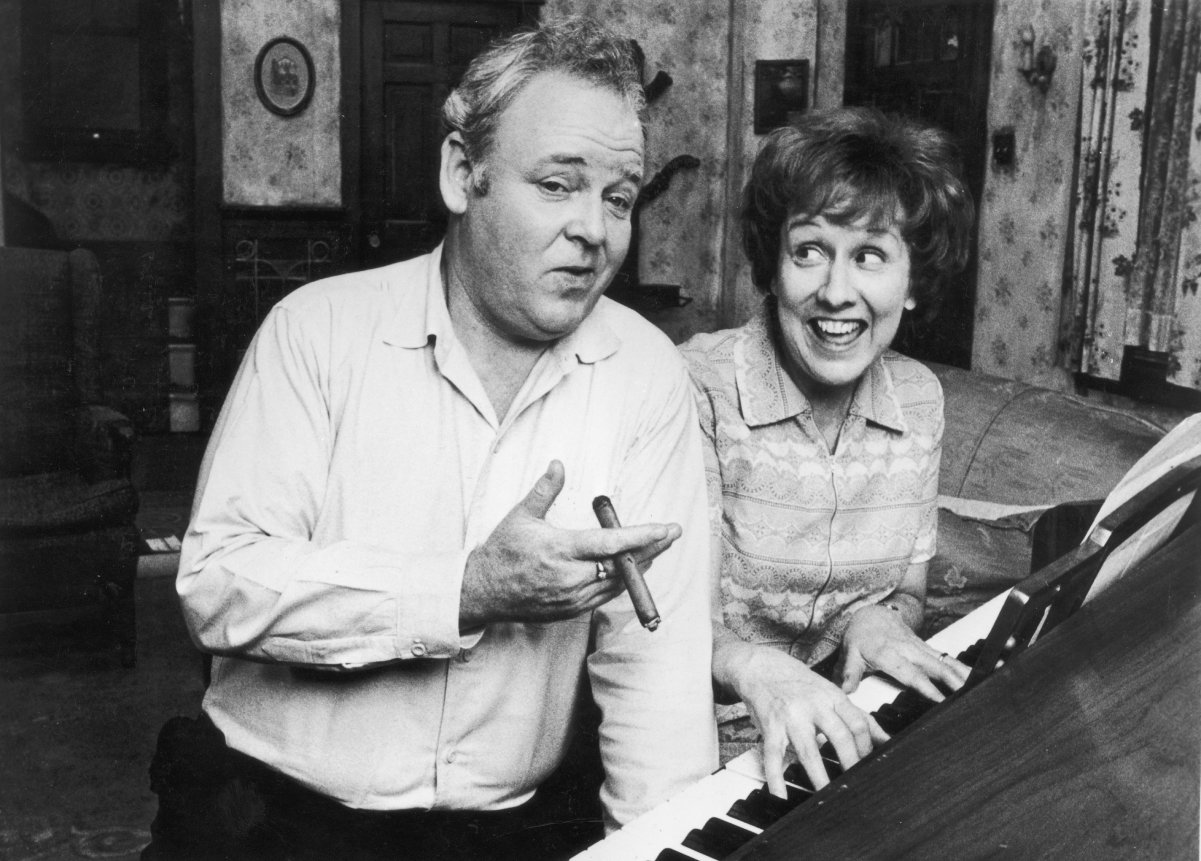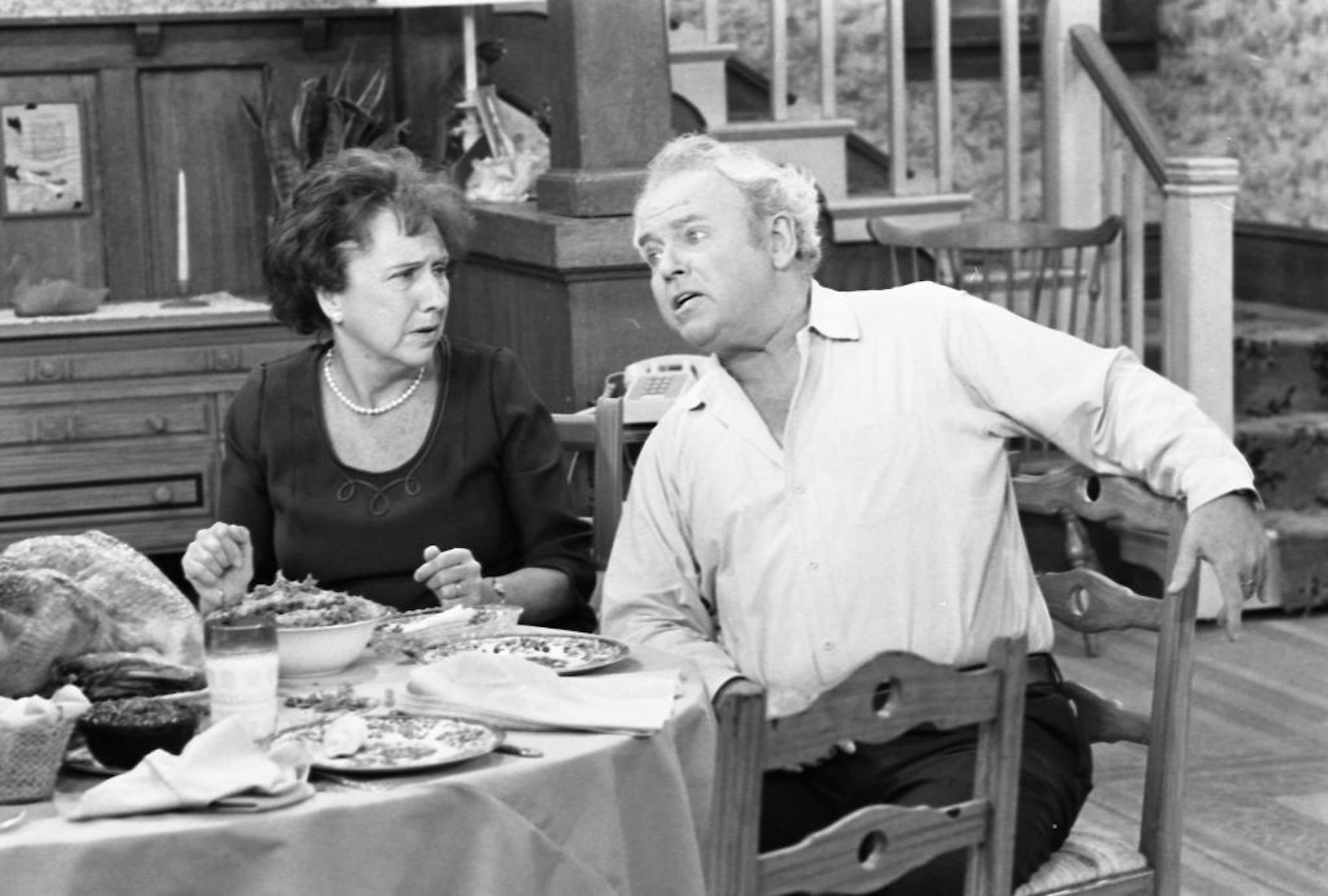
When television legend Norman Lear introduced All in the Family to the world in the early 1970s, few could have guessed that the show’s irascible lead character, Archie Bunker, was inspired by Lear’s own father. In his memoir, Even This I Get to Experience, Lear candidly shared the story behind his decision to immortalize the complex and often controversial traits of his father in the unforgettable character of Archie.
Premiering in 1971, All in the Family quickly made waves for its bold and unapologetic exploration of taboo topics like racism, sexism, and social inequality. Archie, portrayed by Carroll O’Connor, became a symbol of bigotry and stubbornness, yet the show resonated with viewers who found familiarity in its portrayal of family dynamics. “I would get mail by the tens of thousands,” Lear recounted in a 2009 interview with USA Today. “Whether they agreed with Archie or disagreed with him, everyone said, ‘My father… my mother… my family… we argued about this, that, and the other thing.’ I think conversation about those issues is what our democracy is all about.”
Despite their differences, Lear had a complicated admiration for his father, Herman Lear. He described him as a flamboyant figure with a larger-than-life personality, someone who “seemed to fill every room he was in.” Yet Lear noted that his father’s affections were often scattered, comparing his love for family to his love for strawberries. “I wrote love letters to [my father] all my life, many of them in All in the Family, in which Archie has so many of my father’s characteristics,” he reflected.
Interestingly, while Archie embodies the traits of Lear’s father, the character that most closely resembles Lear himself is Maude Findlay from his other iconic sitcom, Maude. “Of all the characters I’ve created, the one who resembles me most is Maude,” he explained. “She shares my passion, my social concerns, and my politics—pleading to be heard and understood.” Through Maude, Lear explored the human condition with a keen sense of humor and depth, embodying his own beliefs and values in a way that connected with audiences.
Lear’s unique ability to blend personal history with social commentary not only shaped All in the Family into a groundbreaking series but also turned it into a platform for dialogue that continues to resonate today. As we look back on the show’s impact, it’s clear that Lear’s “love letter” to his father remains a vital part of television history, provoking thought and discussion about the complexities of family and society for generation
